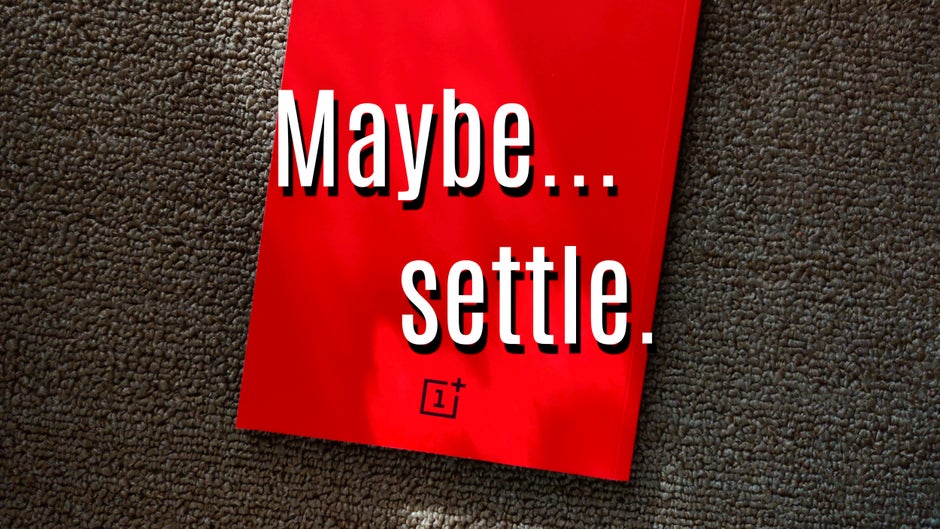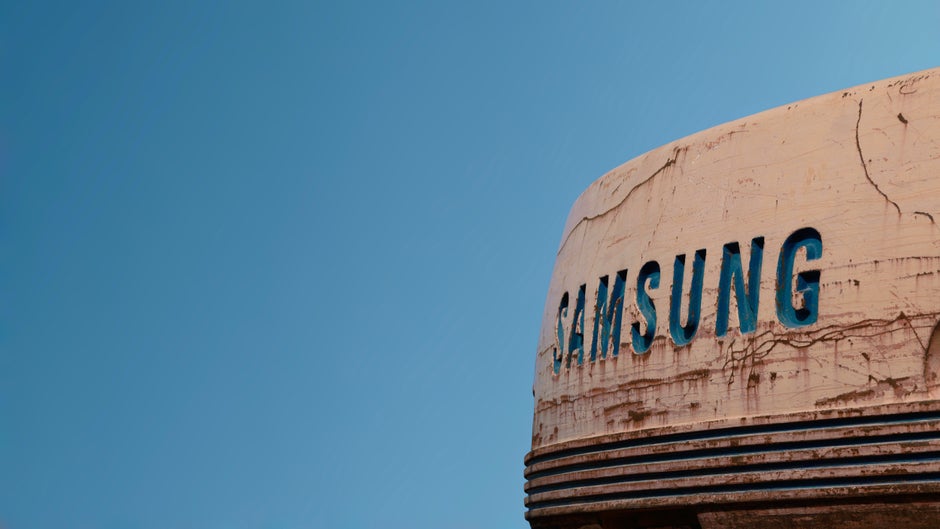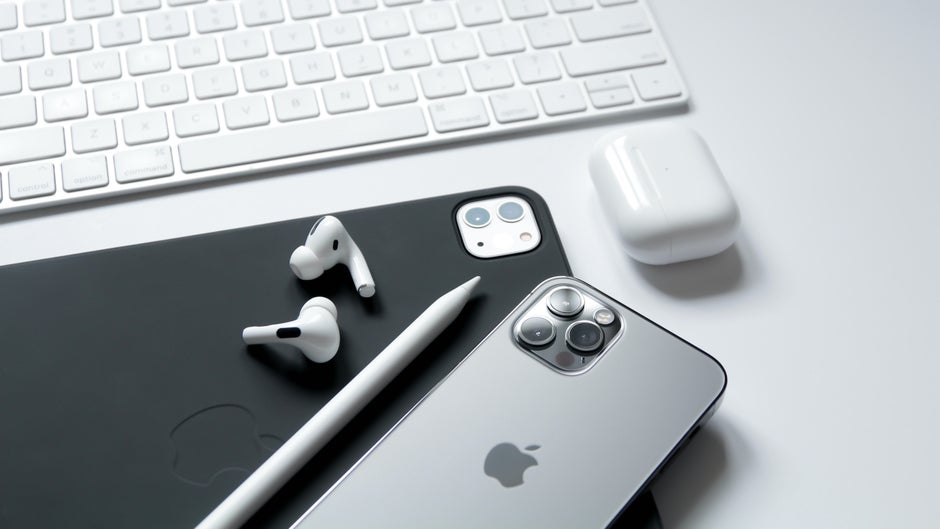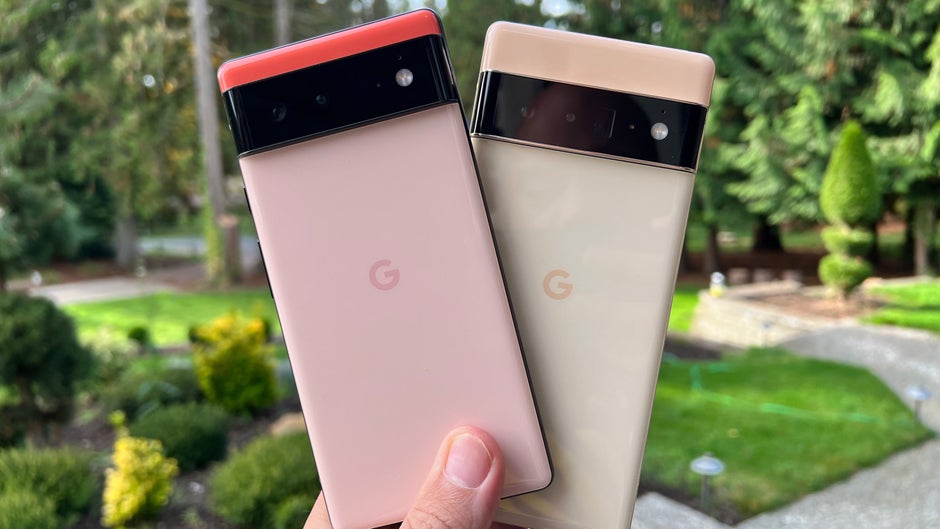Revolution
“A very important change in the way that people do things.”
Revolutions. In socio-political terms, these events usually seek a change in the way a country is governed. Historically they often involve violence or war, but they can be peaceful and quiet. Like when a 15-year-old girl spends her school days outside the Swedish Parliament, calling for action on climate change.Whether it’s the French seeking to turn France into a republic, Castro’s long-game plot to overthrow the Cuban government, or Greta Thunberg’s environmental protest, these events leave a mark, and can change our approach to… life.
Then, the Third Industrial Revolution (1969) tapped into nuclear energy, but also consumer electronics – that’s when computers entered our homes.
“Industry 4.0 or the Fourth Industrial Revolution, is now. It encompasses our access to the internet, and the ability to use it to shape our world – run states, do banking, facilitate medical development, etc. In case you’re curious, Mark Zuckerberg’s Metaverse concept for a virtual reality world also falls into “Industry 4.0”.
But! Let’s leave the distant history behind for a moment and address the elephant in the room. No, of course, Google’s Pixel 6 smartphone won’t change our world. The iPhone already did that in 2007, and frankly, this article would probably be better suited for other consumer tech breakthroughs, like Apple’s move to ARM-based MacBooks, which have started a computing revolution of their own.
However, within our little “smartphone bubble”, we can see small revolutions in everything and anything, and I’ll allow myself to do that now. In fact, we already partially explored this topic in this story, but let’s now concentrate on what Pixel 6 means for you – the user, and for Google’s competition.
OnePlus: Google’s easiest target might become the first victim of the Pixel 6

And without a doubt, the first company that might fall victim to Google’s aggressively-priced flagship is OnePlus. Unlike others, the relatively young Chinese brand has a decent reputation in Europe and the US.
OnePlus was built on two primary values, or selling points, if you view them as an end-user:
- Oxygen OS. OnePlus’ near-stock Android operating system, which prioritized speed, and functionality over abundance of features, which one may or may not use
- “Flagship-killer” pricing, where OnePlus would undercut the likes of Samsung and even Google by offering phones with flagship-grade specs, albeit with the omission of certain “extra” features
The OG OnePlus flagship-killer is now OneMinus
- Then, we have the flagship-killer pricing, which is now reserved for OnePlus’ mid-rangers like the Nord 2. That’s a great device, but it’s not even sold in the US. The company now makes “proper flagships”, which are priced accordingly.
The OnePlus 9 and OnePlus 9 Pro launched at $729 and $969, and with these prices, the devices were already put into a bracket of phones, which made them look less appealing. We are talking about the Galaxy S21, which launched at a lower price than the OnePlus 9, and even Apple’s ultra-premium iPhone 13 Pro, which launched at just $30 extra when compared to the OnePlus 9 Pro. Not a great company to be in, if you’re a small brand undergoing an overhaul.The $599 Pixel 6 and $899 Pixel 6 Pro now make OnePlus phones look… overpriced. It’s almost not even a fair comparison. Perhaps, that’s why OnePlus reacted quickly by reducing the prices of its phones around the world just three days after Google’s Pixel 6 series went on sale. Coincidence?
Samsung: Too big to fail, or too confident to prosper – Pixel 6 vs Galaxy S21 FE and S22

Speaking of Samsung, it’s only fair to continue with the South Korean brand. Samsung is in better shape than OnePlus, and it never made “flagship-killer” promises, so let’s go with a case by case approach:
Galaxy S21 FE
Samsung’s $699 Galaxy S20 FE offered incredible value for money. In a way, it reminded me of the OG OnePlus thanks to the aggressive pricing, but it added an IP rating and wireless charging – extras usually reserved for more expensive phones. The phone was a commercial hit too. It didn’t reach Apple-level sales, but it did well enough to convince Samsung to ax the Note and keep the fall launch for the FE.
Due to a number of events, like the global chip shortage, the Galaxy S21 FE didn’t launch on time. It’s now set to see the light of day in January 2022, a month earlier than Samsung’s S22 flagship, tipped to launch in the second week of February. The S21 FE is expected to offer a plastic build but the same great value as its predecessor – in a way undercutting Samsung’s own premium flagship phones. Again – confusing, but not the topic for today.
Galaxy S22
Then the Galaxy S22 series is expected to be the next logical step after the S21 – thinner bezels, improved cameras, but mostly the same Galaxy in spirit, but with new chips. Speaking of which, unfortunately, it looks like Exynos will still be powering all but US Galaxy S22 phones. It’s up to you to decide if that’s a dealbreaker.
Galaxy S22 Ultra
This is an interesting one because it obviously won’t directly compare with Google’s Pixel 6. However, that’s why the Pixel 6 Pro exists. The S22 Ultra is expected to cost at least $1,199, which will be $300 more than the $899 Pixel 6 Pro.
I’ve now been using the Pixel 6 Pro for about a week, and although it’s not my favorite phone ever, I can confidently say it will give Samsung’s upcoming flagships a hard time. That’s, of course, if you’re deciding between a Galaxy and a Pixel in the first place.
Apple: Pixel 6 is scary good, but the iPhone is safe

As it turns out, Apple is preparing an iPhone SE Plus for the spring of 2022. This one’s expected to carry the same $399 price tag as the previous two SE iPhones, but don’t be surprised if it comes with older screen tech and cameras.The mid-range iPhone SE aside, Apple’s iPhone 13 isn’t even in the same price league as Google’s Pixel 6, yet it’s only $100 less than the premium Pixel 6 Pro. However, Apple being Apple, the iPhone’s already won this fight, regardless of price and specs. The iPhone is an iPhone. If someone has an iPhone and wants a new phone, escaping the walled fruit garden is… rare. Very rare. Especially if you’ve tasted the iPad and Mac fruits too.
Pixel 6: The most important smartphone for the smartphone industry in a while?

So, let’s answer the question! Did Pixel 6 kill the $1,000 flagship? Well, we don’t know yet. But let’s work with what we have.
If you ignore everything else and focus on value… yes! That’s a flagship-killer! Finally, a phone that somehow perfectly fits this vague term. However, the Pixel 6 can simply be viewed as a true flagship phone that covers all the basics and even gives the most premium flagships a run for their money. I’ll tell you why in a slightly more unorthodox way. Here we go…
Welcome to Martin’s “Don’t be shocked if Pixel 6…” show
- Don’t be shocked if your aunt’s Pixel 6 has some Pixel-exclusive features which you’re jealous of. Magic Eraser, Action Pan, AI-assisted long-exposure, and Astrophotography? Not on the iPhone. Not on Galaxy either. And that’s just a glimpse of the Pixel’s special AI powers.
- Don’t be shocked if Pixel 6 charges faster than Samsung and Apple’s most expensive phones – it comes with faster charging. The slightly smaller battery in the Pixel 6 will also help it juice-up faster.
- And finally, don’t be shocked when the Pixel 6 turns more heads than your iPhone-looking iPhone. The Kinda Coral Pixel 6 looks… phenomenal. At least from the back. Then, the 6 Pro in Sorta Sunny looks as if it belongs in a jewellery store.
It’s not all flowers. Having used both the Pixel 6 and 6 Pro for a few days, I can tell you that:
- They don’t feel as premium as Apple’s or Samsung’s very best
- They won’t stretch for the iPhone’s video recording capabilities
- They are far from being compact… OK, they are massive
- They won’t outlast the iPhone 13 Pro Max – this one’s the battery king for a reason
- They won’t get five years of OS updates
But all of this is easy to ignore when you go back to the price. Oh, the price! It’s just very hard to name a better duo of phones at the moment. The Pixel 6 is simply unbeatable at $599, and the Pixel 6 Pro is a no-brainer for those who want an ultra-premium flagship at a reasonable price.
Remember, the Galaxy S22 Ultra won’t quite fit this description, and the iPhone 13 Pro Max doesn’t either. These are expensive phones. You’ll literally be able to buy two Pixel 6s for the price of a Galaxy S22 Ultra if the price of the latter remains the same as the S21 Ultra.
Only if Google sold the Pixel 6 and 6 Pro in more than 9-12 countries… Now, that could have been revolutionary.
This story was inspired by larryvand – a PhoneArena user since 2011. Thank you for the input, and for your 10-year-long membership!
